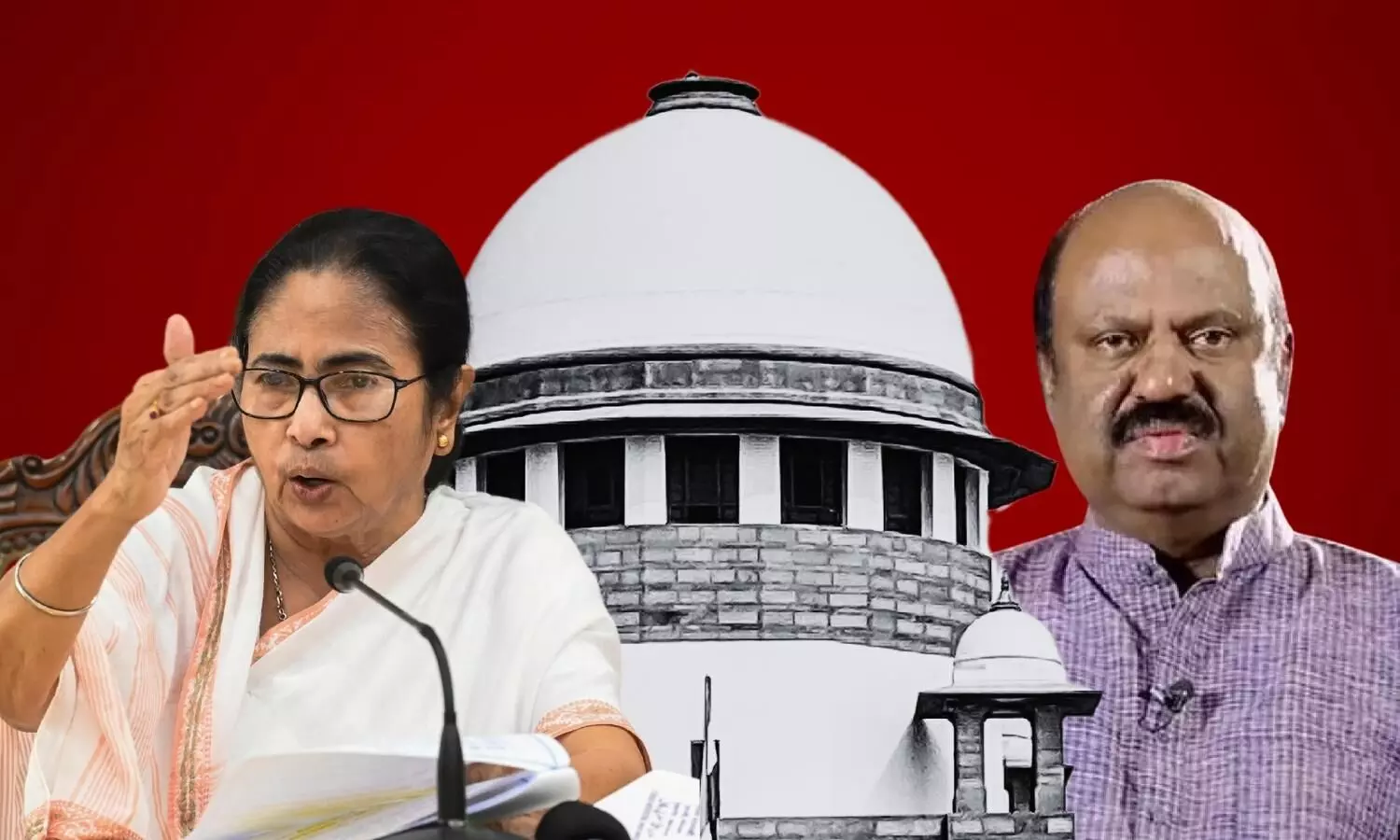West Bengal moves SC over Governor's withheld assent to 8 key bills

The West Bengal government has approached the Supreme Court, challenging the Governor's decision to withhold assent to eight legislative bills. Filed under Article 32, the State's petition argues that the Governor's refusal to approve the bills without explanation violates Article 200 of the Constitution.
Advocate Astha Sharma, representing West Bengal, requested an urgent hearing before Chief Justice of India DY Chandrachud, who agreed to consider the matter.
The State's petition asserts that the Governor's inaction undermines democratic governance and hampers welfare initiatives intended through the pending bills. The specific bills awaiting assent include:
- The West Bengal University Laws (Amendment) Bill, 2022 (passed on June 13, 2022)
- The West Bengal University of Animal and Fishery Sciences (Amendment) Bill, 2022 (passed on June 15, 2022)
- The West Bengal Private University Laws (Amendment) Bill, 2022 (passed on June 14, 2022)
- The West Bengal Krishi Viswavidyalaya Laws (Second Amendment) Bill, 2022 (passed on June 17, 2022)
- The West Bengal University of Health Sciences (Amendment) Bill, 2022 (passed on June 21, 2022)
- The Aliah University (Amendment) Bill, 2022 (passed on June 23, 2022)
- The West Bengal Town and Country (Planning and Development) (Amendment) Bill, 2023 (passed on July 28, 2023)
- The West Bengal University Laws (Amendment) Bill, 2023 (passed on August 4, 2023)
The first six bills were sent for approval when Jagdeep Dhankhar was the Governor, while the last two were passed after CV Ananda Bose took office.
The petition references Supreme Court rulings from cases in Telangana and Punjab, which state that Governors should promptly return bills as mandated by Article 200 and cannot indefinitely withhold assent, effectively vetoing legislative action.
The State also highlighted past criticism faced by the Governors of Tamil Nadu and Kerala from the Supreme Court for delays in acting on bills. Despite these precedents, the West Bengal Governor has allowed several important bills to remain unaddressed since 2022, the petition noted.



